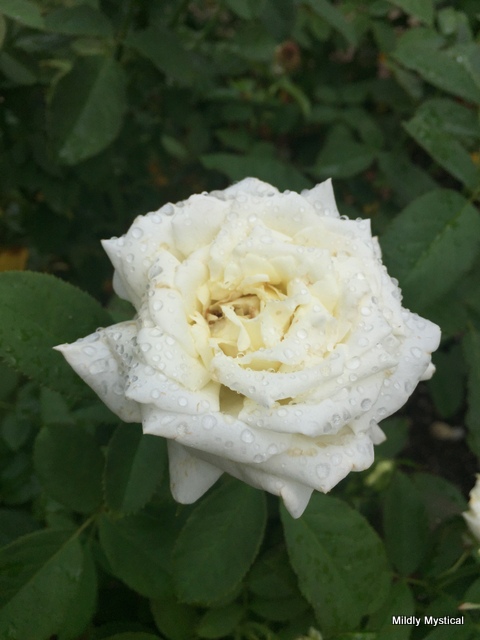Given the state of our society at this moment, we all need a time out—a chance to get quiet and restore our battered psyches. At this point in our collective history, our minds are working against us. We cannot think our way out of this mess.
We need to reconnect with goodness and wisdom individually if we’re to access the strength for healing our communities. Taking a walk in the woods, or listening to music, or creating something beautiful can help us gain perspective on what passes for today’s civil discourse.
The more we continue with our attention anchored in the politics and polarities of our time, the more we’re awash in a sea of animosity. We need a higher wisdom, a North Star shining in the darkness that helps us navigate these turbulent days.
That clear sense of direction and guidance is available to each of us when we listen to the still, small voice within. There are many ways to stay attuned to wisdom and to keep its light in front of us. If you have a way that works for you, I’d love to hear about it.
One simple and effective daily practice I’ve found to help orient towards what is good and true is called “Metta” or Loving-Kindness Meditation.
I first learned this practice years ago and recently experienced its power again over several days in an Enneagram learning community. There are four lines to the meditation, or prayer, repeated with different people in mind.
Sit quietly and begin by saying it for yourself:
May I be happy.
May I be healthy.
May I be safe.
May I be peaceful and at ease.
Then picture someone you love and say it for them:
May you be happy.
May you be healthy.
May you be safe.
May you be peaceful and at ease.
Then say it for a teacher or someone else who has benefited you.
Then for someone neutral, about whom you have no strong feelings either positive or negative.
Then for someone in your life who is difficult in some way or who brings up tension.
Finally, say the meditation for all beings, a prayer for all the world:
May all beings be happy.
May all beings be healthy.
May all beings be safe.
May all beings be peaceful and at ease.
Don’t take my word for it—repeat this daily meditation every day for a week and see what it offers you. Notice how it colors your experience, and consider how the state of being it invites ripples out into the world. I’d love to hear how it goes.


